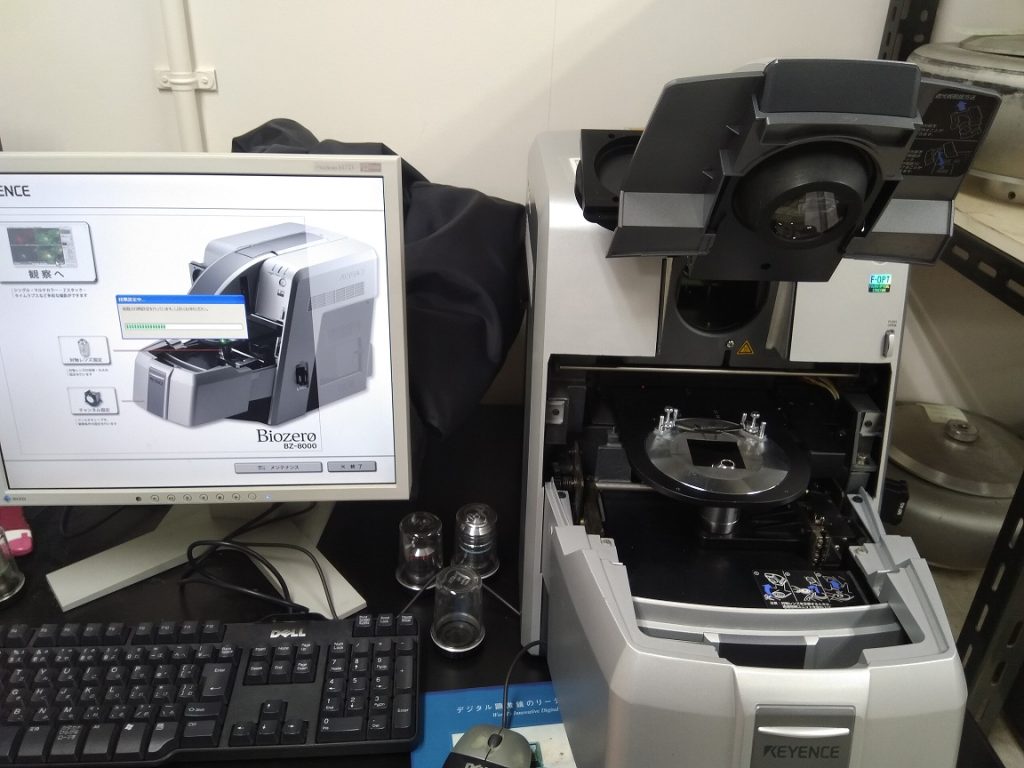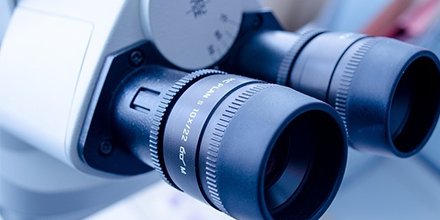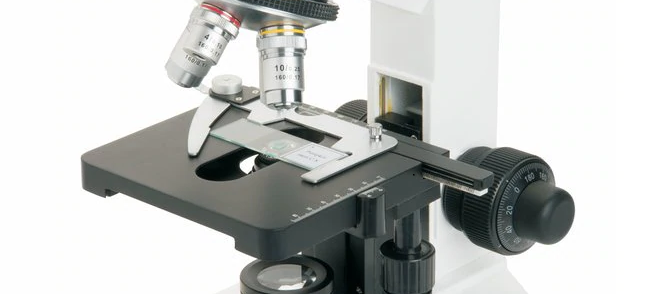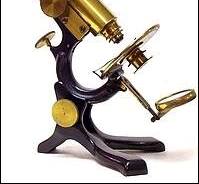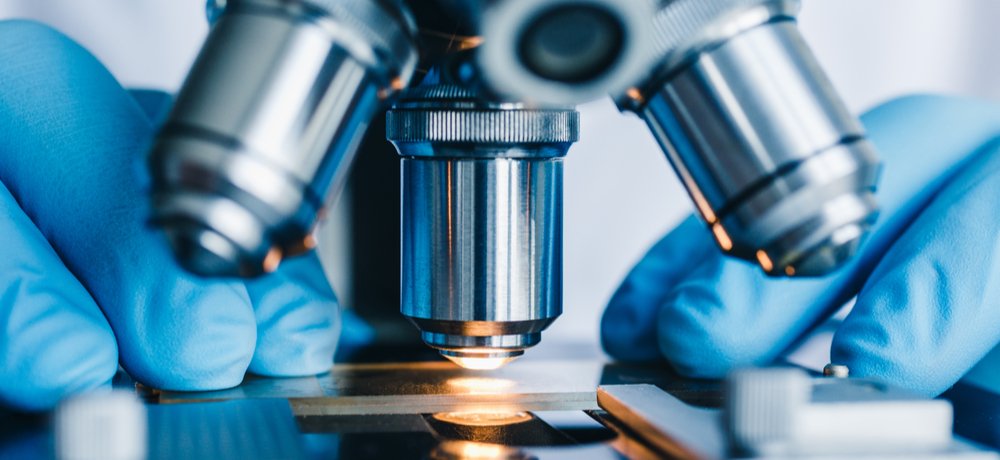CARE OF THE MICROSCOPE
Due to the critical role of microscope in microbiological and other biomedical researchers, it is very important that microscopes (which allow us to see microorganisms distinctly) are cautiously used and preserved in order to ensure their continued usage and value during laboratory undertakings. Microscopes (whether electron or compound light) are required for the visualization of […]
CARE OF THE MICROSCOPE Read More »
Microscopy & Microscope

